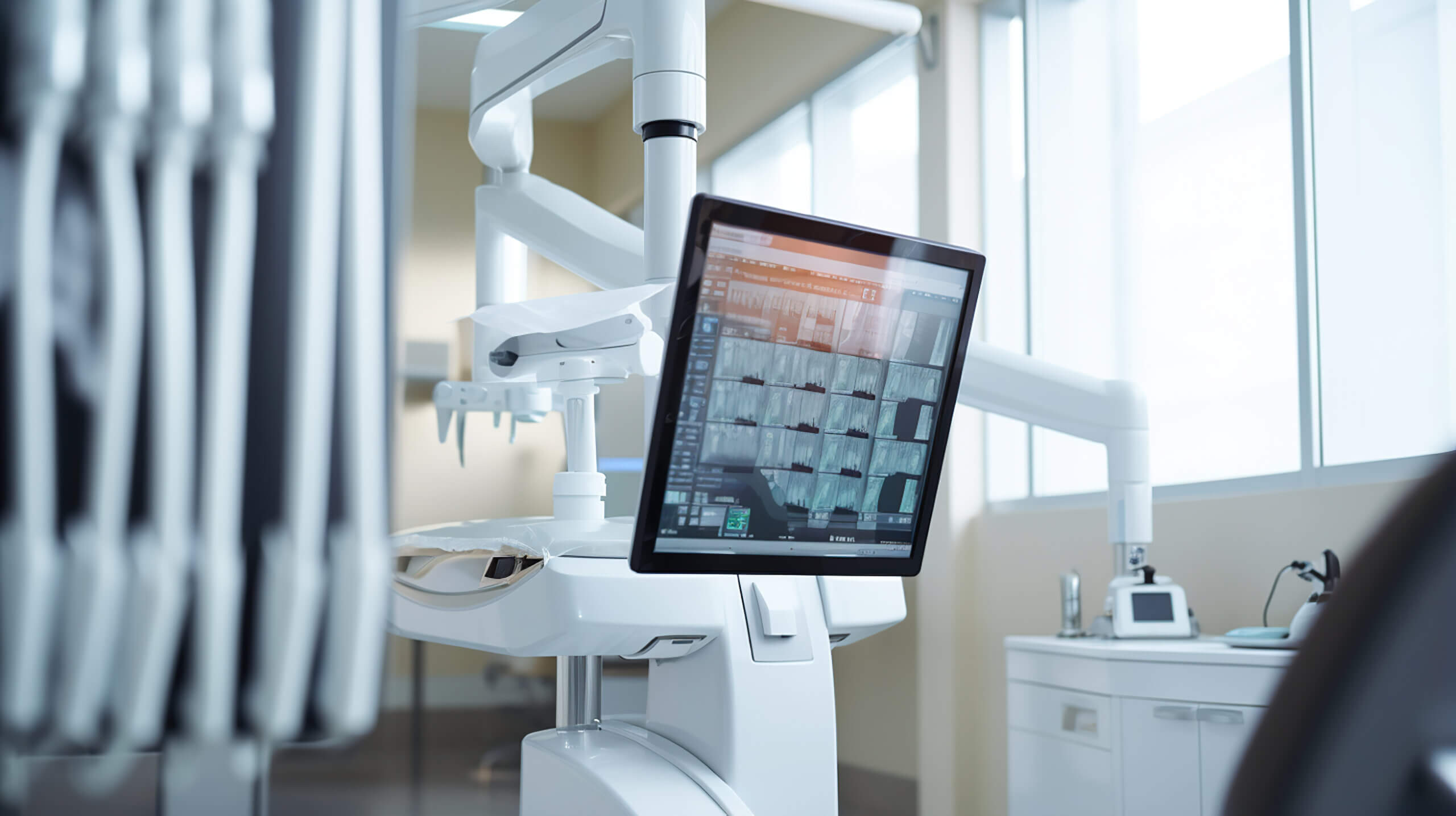
The Role of X-Rays in Dentistry: Safety and Necessity
X-rays are often used by dentists as a diagnostic tool to visualize structures in the mouth that are not visible during an oral exam. When dentists can identify problems with the teeth or gums early on, they can recommend treatment that may save patients money and unnecessary discomfort.
Before getting dental X-rays, it’s important to determine whether they are necessary and if they are safe for a particular patient. Learn more about the roles of X-rays in dentistry.
What are Dental X-rays?
In dentistry, dental x-rays take quick and painless photos of the teeth and jaws. While X-rays are a form of radiation, they are considered safe for most patients. According to MedlinePlus, patients experience very low radiation exposure during dental x-rays. However, a lead apron should always be worn to protect the body and reduce radiation exposure. In addition, dental X-rays should be avoided in women who are pregnant.
Once x-rays have been taken, the images are displayed on a computer monitor (digital imaging) or film. The invisible energy beams are absorbed differently depending on the area of the body. For example, dense body parts like teeth and bones absorb more X-rays, making them appear white in images. However, less dense body parts like muscles and nerves absorb fewer X-rays, making them appear gray.
What Conditions Can Dental X-rays Find?
In children, dental X-rays can be used to:
- Check the development of the teeth and determine if there is adequate room for all emerging teeth.
- Verify that the primary teeth are being lost and that the permanent teeth are coming in properly.
- Look for signs of early tooth decay or abnormalities in the mouth like cysts or tumors.
- Identify possible impacted teeth and monitor the development of wisdom teeth or third molars.
In adults, dental x-rays can be used to:
- Reveal possible changes in the jawbone or look for bone loss that often accompanies advanced gum disease.
- Diagnose abscesses that can develop between the gums and teeth or at the tooth root.
- Look for tooth decay that may be starting in a tooth or decay that is hidden beneath an existing filling.
- Assist in the preparation of dentures, braces, tooth implants, and other dental procedures.
How Often Should Dental X-Rays Be Taken?
The frequency of dental X-rays can depend on many factors, such as the patient’s risk factors, whether the patient is experiencing symptoms, and the office policies of your Melbourne FL dentist.
If you have recently been diagnosed with dental or gum disease, your dentist may recommend x-rays every six months to monitor your condition. However, if you don’t have any ongoing dental problems, you may require X-rays far less frequently.
New patients often require X-rays to establish a baseline for care. Your Melbourne Florida dentist can use these images to determine if treatment is needed or to help guide decisions regarding cosmetic dentistry procedures.
How Do Dentists Keep Patients Safe When Taking X-Rays?
The body is exposed to radiation from a variety of sources, from the sun to appliances in your home. In larger doses, radiation can cause damage to the body’s cells and tissues and can pose a risk of cancer. However, the dose of radiation received during dental X-rays is very small, especially among dentists who use digital X-rays.
There are also things your dentist can do to further lower your risk when taking X-rays, such as by only taking X-rays if the patient’s oral health deems it necessary. Dentists should also use the most up-to-date techniques and equipment, as well as protective shields and thyroid collars. Cone-beam CT scans should only be taken when necessary and not part of a routine test.
Schedule an Appointment with Artistic Touch Dentistry
The team of highly-trained dental professionals at Artistic Touch Dentistry is ready to help you achieve a healthier smile. Artistic Touch Dentistry uses state-of-the-art dental technology to provide child and adult patients with the most comprehensive care possible. Contact our office today at (321) 724-1400 to schedule an appointment or to learn more about our services.

